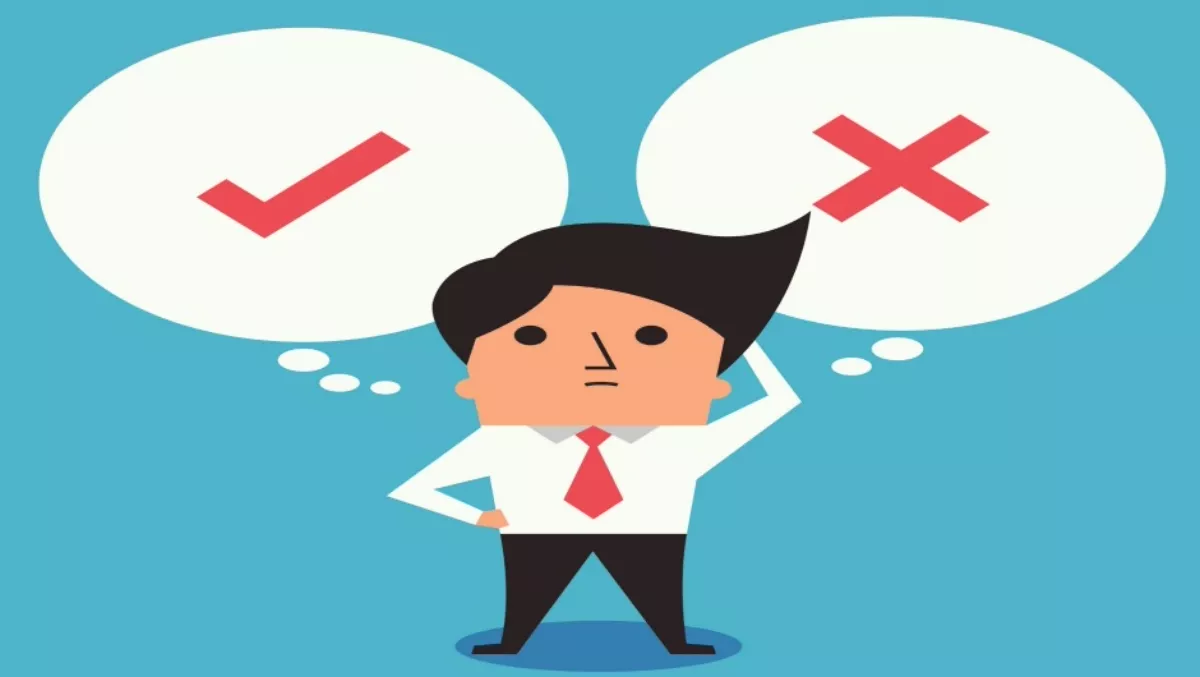
New telco laws for advanced Internet: Goodie bag or mixed bag?
Communications Minister Simon Bridges has announced the final details of the government's reform package to improve the Telecommunications Act and modernise the communications sector.
We heard from two different parties with two quite different perspectives - first we'll begin with the government.
According to Bridges, the final package is expected to be implemented by 2020 and will introduce a more predictable utility-style model for Ultra-Fast Broadband (UFB) fibre, deregulate copper lines where fibre is available, and improve the quality of service for consumers by increasing regulatory oversight.
"UFB is already available to more than one million homes and businesses in New Zealand, and over 85 per cent of New Zealanders will be able to access the high speed network by 2024," Bridges says.
"As the copper network is essentially being replaced by UFB, it is appropriate that copper regulation be removed from 2020. It makes sense to focus on the services that most people will be using.
Despite this, Bridges says copper will continue to be regulated outside of UFB coverage areas to ensure people are protected, in addition to the implementation of safeguards to make sure customers don't lose their copper landline unless there is an alternative service available at a comparable price and service level.
"Overall, the final package reduces compliance costs for industry and further encourages innovation and investment, for the long term benefit of consumers," Mr Bridges says.
And now for the other side of the coin, InternetNZ chief executive Jordan Carter, who believes the proposed regime is a mixed bag for consumers.
"The new proactive powers for the Commerce Commission, to ask tough questions about the quality of service people can expect, are good to see. There are too many complaints by consumers in the telco sector and it has to change," says Carter.
"On the down side, tweaks and adjustments to the post-2020 framework will see more money go into Chorus' hands from users of copper broadband services outside the fibre broadband area. That means slightly higher broadband prices.
"Another down-side: the government is still proposing that today's entry-level broadband product (100/20) can serve as an 'anchor product' in 2020. It was too slow last time they proposed it, and it's too slow today," says Carter.
Carter says all in all, they are pleased to see the review of the Telco Act moving towards a conclusion.
"The big picture perspective is that this new framework should deliver fair prices for fibre broadband into the future - there are just some further gains we will keep pushing for as the process moves to Parliament and new legislation," Carter says.

